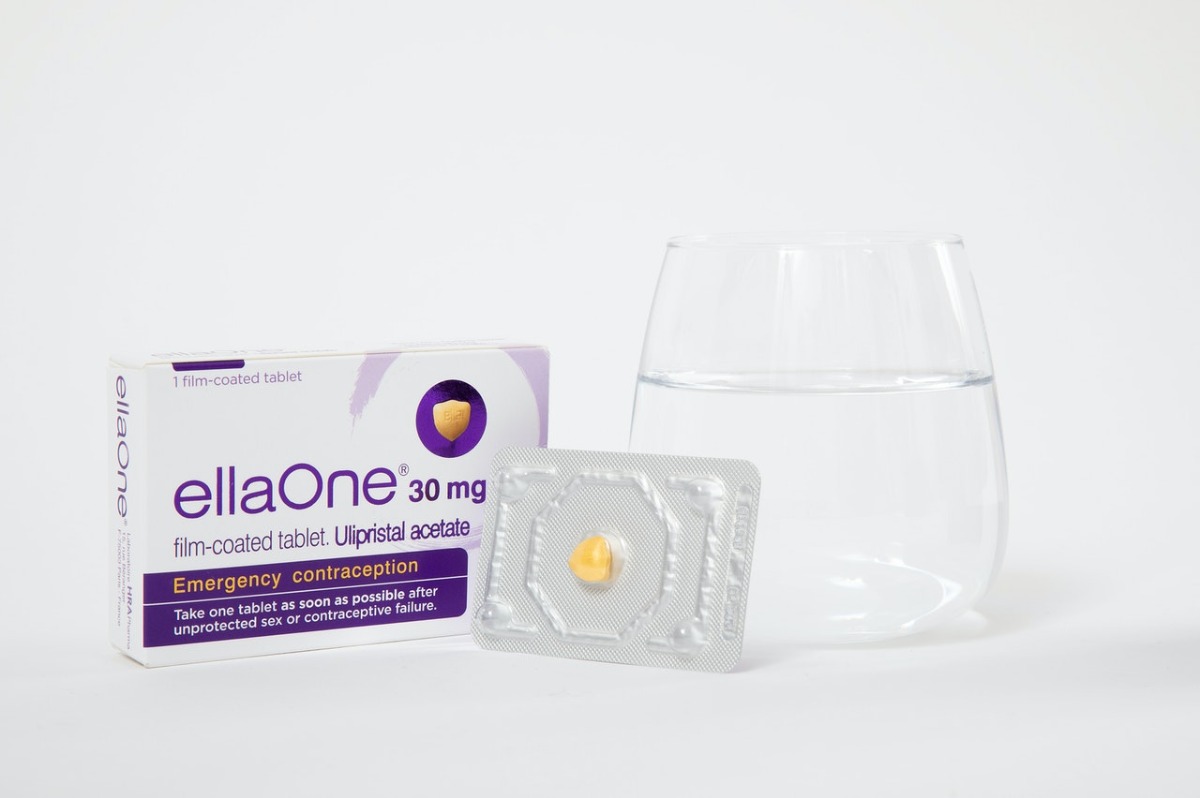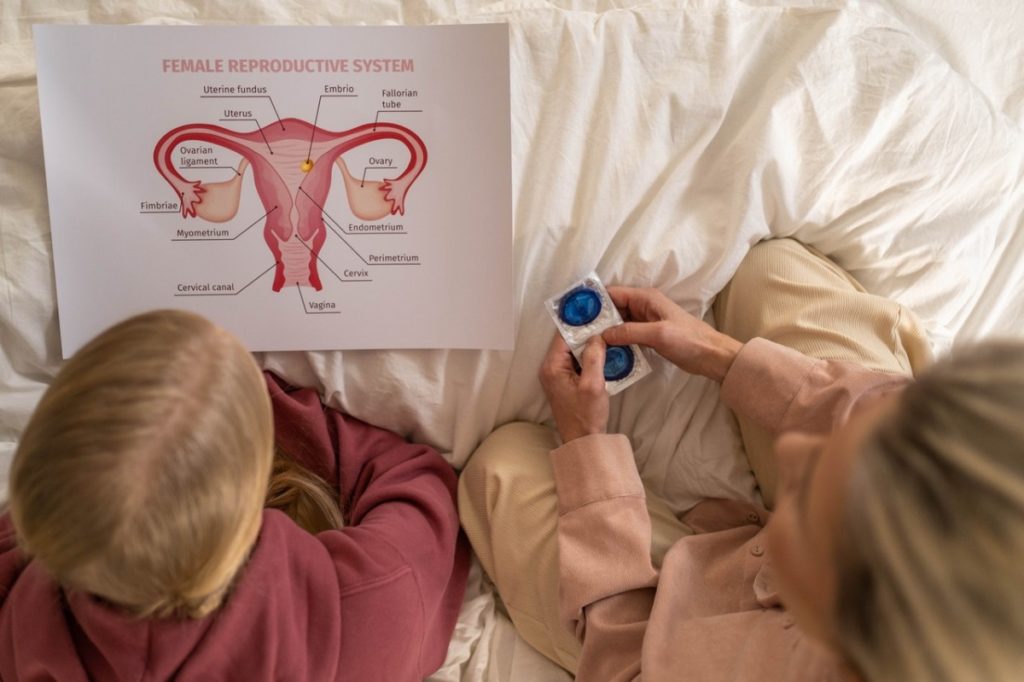You see your husband in a collared shirt and a pair of Dockers shoes, clean-shaven and wearing the cologne you bought for his last birthday, and you can’t help it. You feel the same way you did the first time you realized you loved him and you had no qualms spending the rest of your life with him. You know the night is about to get romantic.
But you love your career just as much. And you know you still have a lot to accomplish as a professional. You can’t afford to get complacent. Sure, you can have fun, but your body is of the utmost priority, too.
To ensure that nothing happens outside of your immediate plans, here are types of contraception at your disposal. Having these at hand will let you bond with your significant other without compromising your peace of mind.
Condom
Surely you already know about this. But for the sake of emphasis, we are including it here. The act of lovemaking involves two individuals. The responsibility of keeping the both of you safe from any unplanned eventualities does not rely solely upon you. Your partner shares that responsibility, too.
With that said, ask your partner to wear a condom. It will not only prevent you from getting pregnant but will also ensure that you remain protected against the possibility of contracting sexually transmitted infections. Ideally, your partner does not carry any telltale evidence of infidelity.
Now, if you want to be in control, you may use a female condom instead. It might take getting used to, but it’s nonetheless a viable option.
Oral contraceptive pill
Condoms are not foolproof. If you are extra cautious, taking an oral contraceptive pill daily should be included in your routine. There are different types of pills to choose from. You must consult with your gynecologist to determine what option best suits you.
You have mini pills containing no more than progestin. Or combined pills with both progestin and estrogen. These pills must be religiously taken at the same time of the day for utmost efficacy. Keep in mind that some women react adversely to pills containing estrogen.
Contraceptive implant
This approach will require minor surgery. You will be administered with local anesthesia. The healthcare provider doing the procedure will insert a flexible rod-like implement into your upper arm, just under the skin. This small rod releases progesterone. That thickens the mucus in your cervix, thus preventing sperm access. Also, it stops your ovary from releasing eggs. This rod must be replaced after three years. Unlike pills, there’s no risk of missing your scheduled intake. And it’s easily reversible should you finally decide to raise a family.

Intrauterine device (IUD)
This t-shape device is typically made of plastic and copper. It contains the hormone progesterone that is released gradually. It needs to be fitted into your uterus, therefore a trained healthcare provider’s required to do the procedure. Depending on which type of IUD you choose, the device can last between three and ten years, with an efficacy rate of up to 99.8 percent. Just like a contraceptive implant, IUD is reversible. Have it regularly checked by your gynecologist.
Contraceptive injection
Here you are injected with a substance that contains the hormone progesterone on your upper arm or buttocks. The hormone is released into your bloodstream for the next 12 weeks. It will remain effective for as long as three months.
Contraceptive ring
The introduction of this contraception into your body does not require the help of a trained healthcare provider. You can do it on your own. The ring, made of flexible material, releases the hormones estrogen and progesterone. It is inserted into the birth canal. It’s good for three weeks. Then you remove it and take a week off. After that, you can get yourself another ring.
The morning after pill
Maybe for a night your emotions got the better of you and you acted recklessly without contraception. Do not fret. Breathe in, breathe out, and go to your nearest drug store for a morning-after pill. Contrary to popular belief, this pill’s not only effective within the morning after. You can use it for up to five days following unprotected intercourse.
Every woman should have access to contraception. Your body, your choice. If your husband supports the decisions you make pertaining to your body, that guy’s a keeper. Now if the opposite case applies to you, it is time to sit down with your partner for a much-needed conversation about choice and consent. Hopefully, he will listen and understand.

